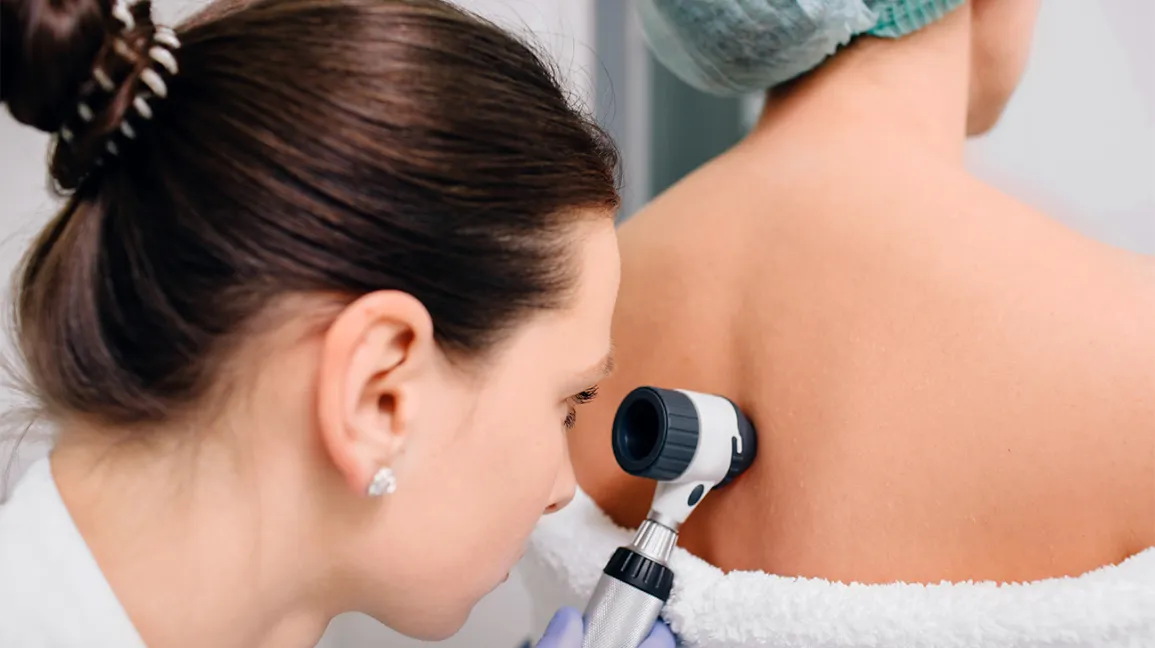Dermatology, the specialized field of medicine dedicated to skin health, plays a pivotal role in our overall well-being. Beyond addressing aesthetic concerns, dermatologists diagnose and treat various skin conditions, ensuring the health and vitality of our body’s largest organ.
In this comprehensive guide, we’ll demystify dermatology, exploring its scope, common skin concerns, and the crucial role dermatologists play in maintaining skin health.
Section 1: The Scope of Dermatology
Dermatology encompasses a wide array of skin-related issues, from medical conditions to cosmetic concerns.
We’ll explore the breadth of dermatological care, including the diagnosis and treatment of skin diseases, surgical procedures, and aesthetic interventions such as Botox and dermal fillers.
Section 2: Common Skin Conditions and Disorders
Dermatologists are trained to diagnose and manage a multitude of skin conditions. We’ll delve into common skin disorders such as acne, eczema, psoriasis, and dermatitis, shedding light on their causes, symptoms, and the varied treatment approaches employed by dermatological experts.
Section 3: Skin Cancer Awareness and Prevention
Skin cancer is a significant health concern, and dermatologists play a crucial role in its detection and prevention.
We’ll discuss the importance of regular skin checks, the ABCDEs of melanoma detection, and protective measures to minimize the risk of skin cancer.
Section 4: Cosmetic Dermatology
The field of cosmetic dermatology focuses on enhancing skin appearance and addressing aesthetic concerns.
We’ll explore popular cosmetic procedures offered by dermatologists, including chemical peels, laser treatments, and injectables, providing insights into the science behind these interventions.
Section 5: Dermatological Treatments and Procedures
Dermatologists employ a range of treatments and procedures to address diverse skin conditions.
We’ll discuss the use of topical medications, systemic therapies, light-based treatments, and surgical interventions, showcasing the versatility of dermatological care.
Section 6: The Importance of Sun Protection
Sun protection is a fundamental aspect of dermatological care. We’ll emphasize the significance of sunscreen, protective clothing, and lifestyle choices in preventing premature aging and reducing the risk of skin cancer.
Section 7: When to See a Dermatologist
Knowing when to consult a dermatologist is key to proactive skin care. We’ll outline common signs and symptoms that warrant a dermatological visit, ensuring that individuals seek timely intervention for skin concerns.
Conclusion
Dermatology is not just about treating skin conditions; it’s about promoting overall skin health and well-being. By demystifying the field and understanding its diverse applications, individuals can make informed decisions about their skin care.
Whether addressing medical issues, preventing skin cancer, or seeking cosmetic enhancements, dermatology is a comprehensive and invaluable resource for achieving and maintaining healthy, radiant skin.

Leave feedback about this